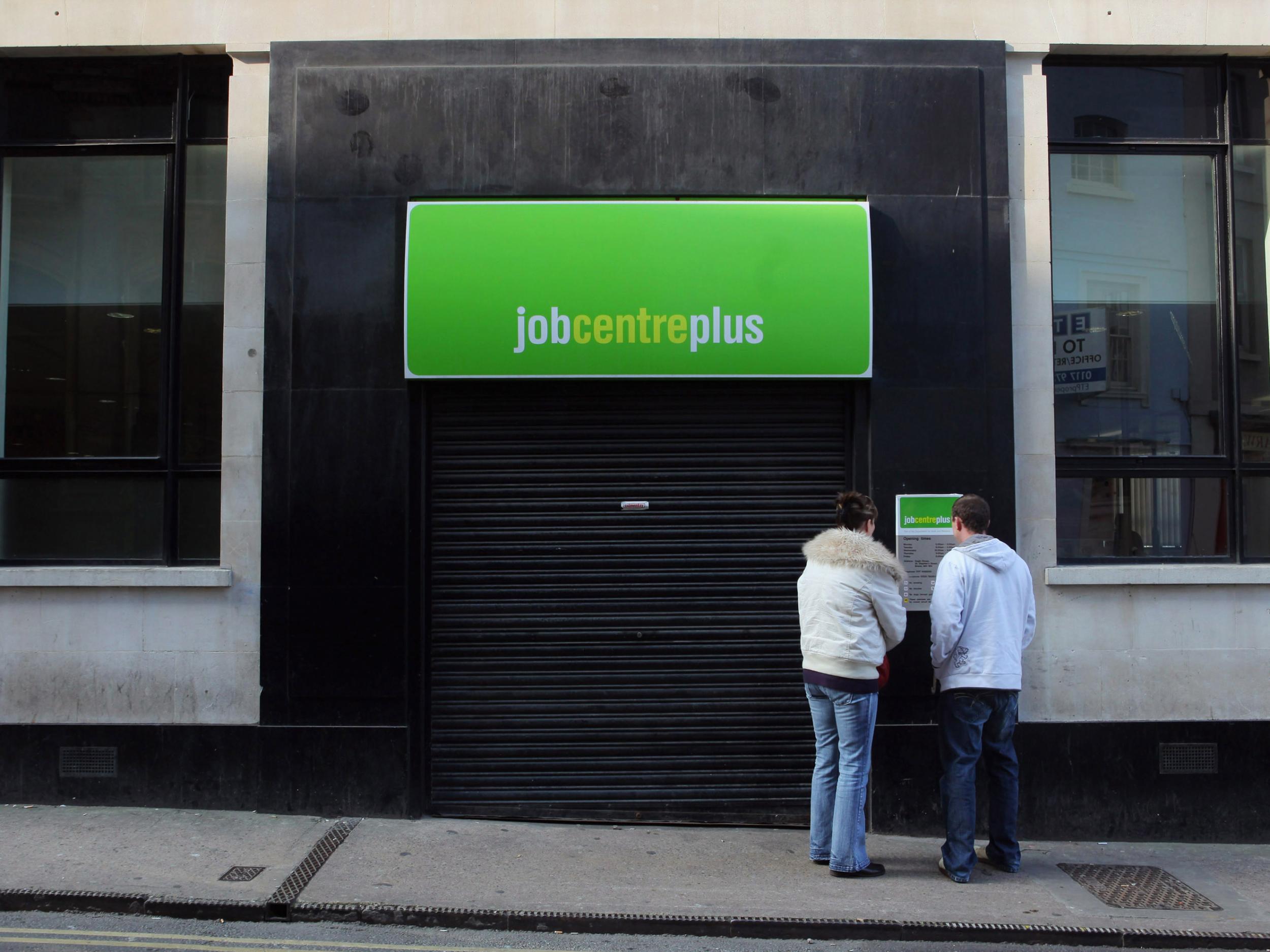Councils diverting funds to offset impact of universal credit rollout, Labour claims
‘Universal credit is causing misery and hardship for thousands of families this Christmas,’ the party said

Councils across England are having to divert their financial resources in order to deal with problems caused by the rollout of universal credit, according a new analysis by Labour.
Margaret Greenwood, the shadow employment minister, insisted that local authorities are being forced to put aside funds to prepare for the overhaul of the welfare system, which replaces six legacy benefit payments with just one.
Labour adds that councils are being forced to provide additional rent arrears support, increase staffing levels and work with local food banks and Citizens Advice bureaus to “offset the impact” of the Government’s flagship welfare programme as the rollout is accelerated.
“Universal credit is causing misery and hardship for thousands of families this Christmas,” she said. “And councils are being expected to pick up the pieces.”
She added: “It’s clear councils are committing their own valuable resources from already stretched budgets to offset the impact of universal credit, and to prepare for the damage its rollout could cause.
She said the data obtained by Labour through Freedom of Information laws was as “yet more evidence” that should prompt the Government to “immediately pause” the rollout of reformed benefits systems so that “fundamental flaws can be fixed”.
Some authorities are having to use funds to prepare for UC over and above the Discretionary Housing Payments provided by the Department for Work and Pensions (DWP), according to Ms Greenwood.
It comes after the Government used the Autumn Budget to announce reforms to the universal credit rollout, including reducing the wait time for the initial payment under the regime (from six weeks to five), following intense criticism from campaigners, Labour MPs and MPs within the Conservative party.
The party states that Newcastle City Council is spending nearly £400,000 of its own funds supporting UC claimants, and that non-collection of rent as a result of UC is over £1.2m across a tenancy base of 27,000.
In London, Tower Hamlets has set aside £5m over three years to help those affected by UC, Labour said.
And the Gateshead Housing Company, which manages Gateshead Council's housing stock, is planning to spend an estimated £90,000 in 2017/18 and £270,000 in 2018/19 on additional staffing to support UC claimants and help prevent rent arrears, according to Labour.
But the DWP said that councils have been providing welfare advice and housing payment top-ups “as standard”, long before the introduction of universal credit.
A spokesman for the DWP added: “Universal Credit lies at the heart of our commitment to help people improve their lives and raise their incomes. It provides additional, tailored support to help people move into work and stop claiming benefits altogether.
“The majority of claimants are comfortable managing their money but advances are available for anyone who needs extra help, and arrangements can be made to pay rent direct to landlords if needed.”
Subscribe to Independent Premium to bookmark this article
Want to bookmark your favourite articles and stories to read or reference later? Start your Independent Premium subscription today.

Join our commenting forum
Join thought-provoking conversations, follow other Independent readers and see their replies